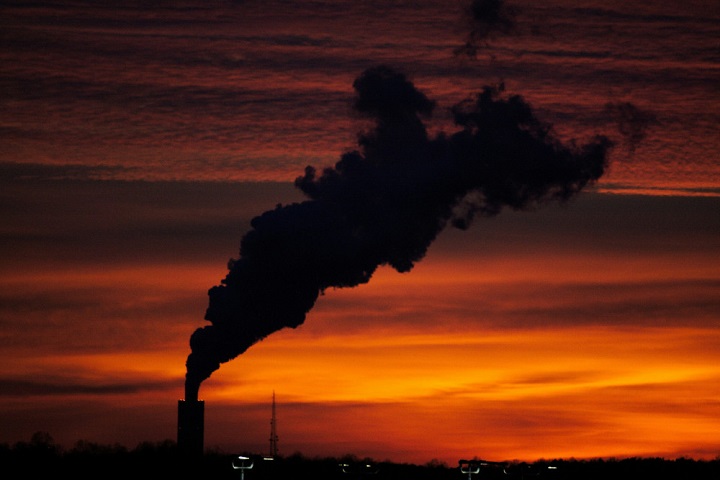
Implementing Carbon Tax and Achieving Net Zero Carbon Emissions by 2050

By Dr. Cheah Chan Fatt
Malaysia is set to implement a carbon tax by 2026, specifically targeting the iron, steel, and energy industries. This initiative is a significant step towards encouraging the adoption of low-carbon technologies and reducing greenhouse gas emissions. The revenue generated from this tax will be strategically reinvested into green technology programs and research, further bolstering the country’s sustainability goals and fostering innovation in the environmental sector.
Introducing a carbon tax is part of Malaysia’s broader strategy to transition towards a circular economy. A circular economy is an economic system aimed at eliminating waste and the continual use of resources. This model contrasts a traditional linear economy with a ‘take, make, dispose’ production model. By adopting circular economy principles, Malaysia aims to create a more sustainable and resilient economic system that benefits businesses, society, and the environment. This approach minimises waste and maximises resource value, promoting economic growth and environmental sustainability.
The carbon tax is expected to drive significant changes in the targeted industries. The tax will incentivise the adoption of cleaner production technologies and practices for the iron and steel industries, which are among the largest emitters of carbon dioxide. This could include using electric arc furnaces, which produce less carbon dioxide than traditional blast furnaces, or integrating carbon capture and storage technologies. Similarly, the energy industry will be encouraged to shift towards renewable energy sources such as solar, wind, and hydroelectric power, reducing reliance on fossil fuels and decreasing overall carbon emissions.
In addition to the carbon tax, Malaysia has set an ambitious target to achieve net zero carbon emissions by 2050. This goal is supported by various initiatives, including the National Energy Transition Roadmap (NETR). The NETR outlines a comprehensive plan to increase the share of renewable energy in the national energy mix and enhance energy efficiency across all sectors. Key components of the NETR include the development of large-scale solar projects, the expansion of wind and hydroelectric power generation, and the implementation of energy efficiency measures in buildings and industries.
The transition to a circular economy and achieving net zero carbon emissions by 2050 are not without challenges. One of the primary challenges is the need for substantial investment in new technologies and infrastructure. The government should work closely with the private sector to mobilise the necessary financial resources and ensure an economically viable transition. This includes incentivising businesses to invest in green technologies and creating a regulatory framework that supports sustainable practices.
Another challenge is the need for capacity building and education. To successfully transition to a circular economy, raising awareness and building the capacity of all stakeholders, including businesses, government agencies, and the general public, is essential. This involves providing training and education on sustainable practices, promoting research and development in green technologies, and encouraging the adoption of sustainable lifestyles.
Implementing a carbon tax and transitioning to a circular economy also have significant social implications. On one hand, these initiatives can create new economic opportunities and jobs in the green technology sector. On the other hand, there may be short-term disruptions in industries heavily reliant on fossil fuels. The government must implement measures to mitigate these impacts, such as providing support for workers affected by the transition and ensuring that the benefits of the circular economy are equitably distributed.
In conclusion, implementing a carbon tax by 2026 and the broader strategy to transition towards a circular economy represent significant steps towards achieving Malaysia’s sustainability goals. These initiatives are expected to drive the adoption of low-carbon technologies, reduce greenhouse gas emissions, and promote economic growth and environmental sustainability. By setting an ambitious target to achieve net zero carbon emissions by 2050, Malaysia is demonstrating its commitment to global climate action and its determination to create a more sustainable and resilient future. Through continued investment in green technologies, capacity building, and regulatory support, Malaysia can successfully navigate the challenges of this transition and emerge as a leader in sustainable development.
The author is a Research Fellow at Ungku Aziz Centre for Development Studies (UAC), Universiti Malaya.
Source: Asia News Today

